RetailX 2020 Report E-commerce Marketplaces: Germany overview
Written by
Kinga EdwardsPublished on
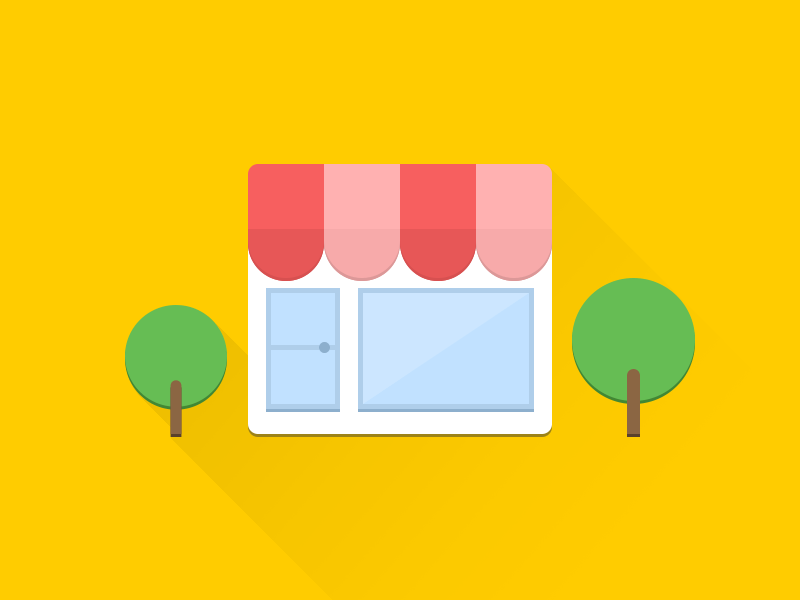
Marketplaces are a convenient way to shop – in one place, you can compare prices, products from different manufacturers, or sellers and buy several items from different areas. Europeans are becoming more and more convinced of such solutions. What is the situation in Germany? After all, it sounds like a perfect solution for every German – the ability to compare prices in one place, do thorough research, and finally ability to make the right purchase. Based on the data from the RetailX – European Marketplaces 2020 Report, we have checked the situation of marketplaces in Germany.
RetailX Country and Regional Reports provide an overview of the state of
ecommerce in more than 20 countries and regions across the world. These
reports offer an authoritative, comprehensive and accessible view of the
economic breakdown and ecommerce trends in each territory
If you need more details here, you can download a full report.
The e-commerce market’s value is predicted to hit $400 m by the end of this year. This shows that consumers like to buy online. But how about marketplaces – do they want to buy there? No surprise – Amazon rules the market, especially in the UK. This marketplace has overtaken Google, eBay, and Facebook, especially in terms of discovering new products. What’s more, 65% of customers buy from the Amazon landing page, and as many as 66% clicked on the Amazon ads. In Europe, many countries have adopted Amazon (including Germany), but there are also exceptions. One of them is the Netherlands – here bol.com is in the first place, in Poland, the main player is the domestic marketplace – Allegro.
German e-commerce marketplaces overview
Let’s dive into German retailers’ preferences in the case of marketplaces. Are the likely to join such websites, or they prefer to sell on their own?

In Germany, there are many retailers (70%) that behave like marketplaces – 38% act like pure ones, 32% behave like mixed marketplaces.
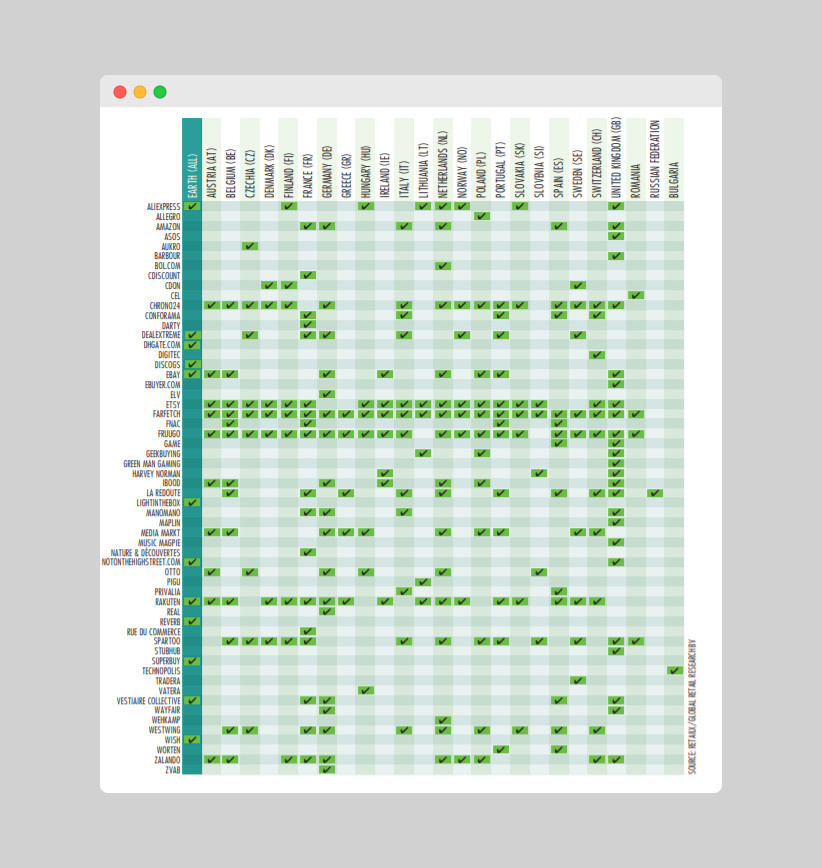
Which marketplaces operate in Germany? A lot! But above you can find a list for every European country. Marketplaces that operate in German are:
- Amazon,
- Chrono24,
- Dealextreme,
- eBay,
- ELV,
- Farfetch,
- Fruugo,
- Ibood,
- Manomano,
- Media Markt,
- Otto,
- Rakuten,
- Real,
- Vestiaire Collective,
- Wayfair,
- Westwing,
- Zalando,
- Zvab
Price overview
Marketplaces are not only a convenient place to shop but also offer reasonable prices.
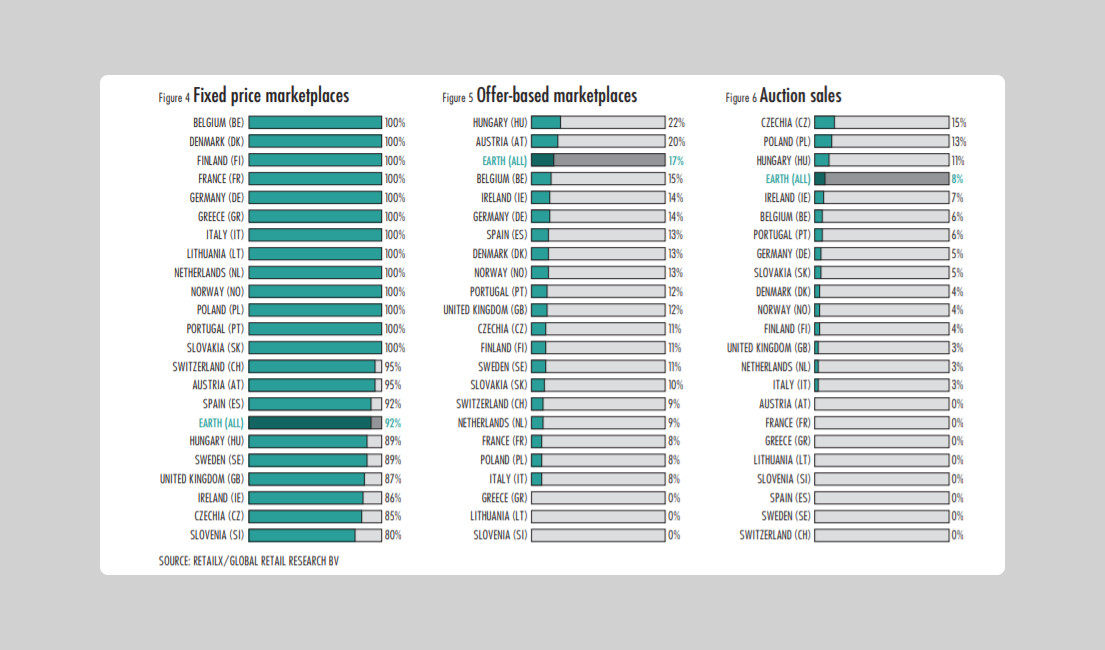
What types of prices are offered? Fixed prices offer based and auction sales. Most of the marketplaces offer a mix of these three. Fixed prices are perceived as a standard right now – that is why almost every country reaches 100%. Despite this fact, there is also room for others. In Germany, offer-based marketplaces stand for 14% – it is below the worldwide average – 17%. When it comes to auction sales, it is not a very popular way in Germany. Only 5% of marketplaces have decided on this method. In the Czech Republic (the leader), 15% of marketplaces offer auction sales. It is three times more than in Germany.
Paid subscriptions
Marketplaces are getting slowly convinced about paid subscriptions. It creates customer loyalty to a given platform and also allows it to obtain a lot of information about users that can be used, for example, in marketing campaigns. It also allows to build a user experience – subscribers can gain additional benefits, e.g., as in the case of Amazon Prime Day, early access to some products or free delivery during the campaign.
But despite the above, the numbers are still not very high, so marketplaces need some time to get convinced more. How does the payment issue look in countries where marketplaces have decided on paid subscriptions? The charts below present it very well.
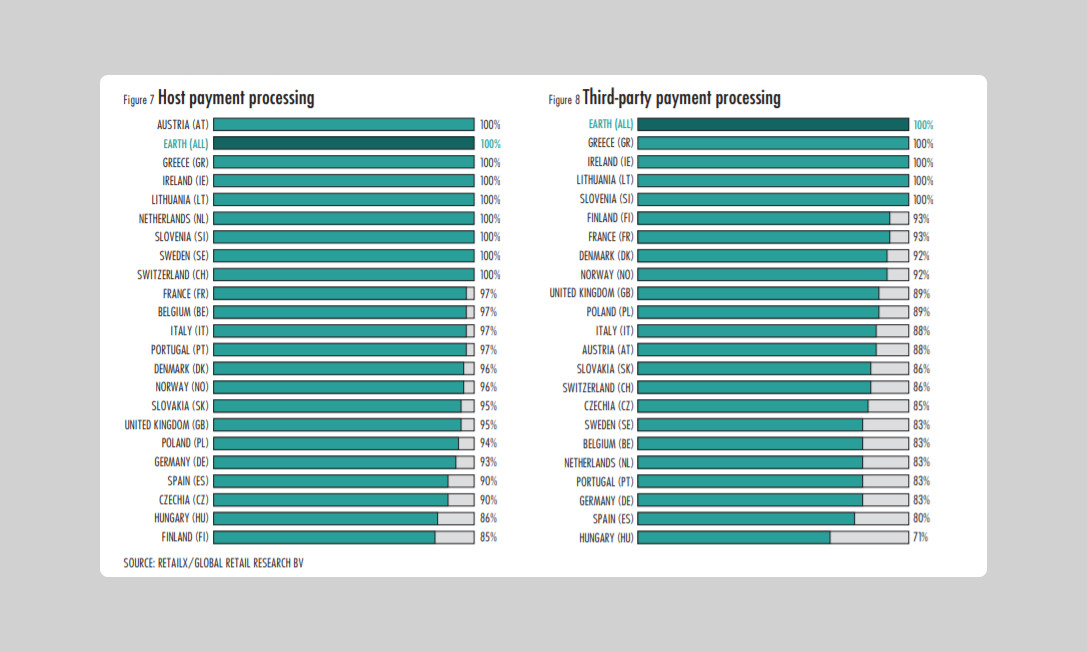
There are two types of payment methods to choose from – to host the payment process and third-party payment. 93% of German marketplaces decided to host the payment process – it is one of Europe’s lowest scores. When it comes to third-party payment Germany is third from the bottom (83%).
Marketplaces in Germany – retailers’ side
When it comes to requirements while registration, there is a lot, and they are various. Almost half of the marketplaces in Europe require the seller to be a registered company. Only 17% of them require a bank account.
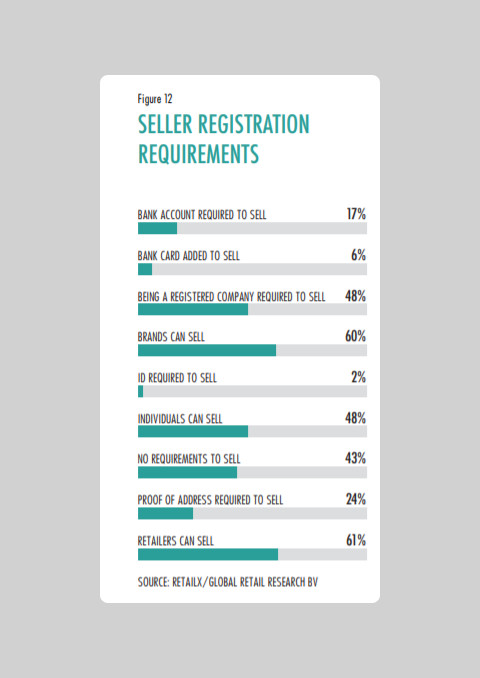
There are also different types of fees to pay. 14% marketplaces required a registration fee, 9% offer fee-free plan. Only 5% offer registration for free.
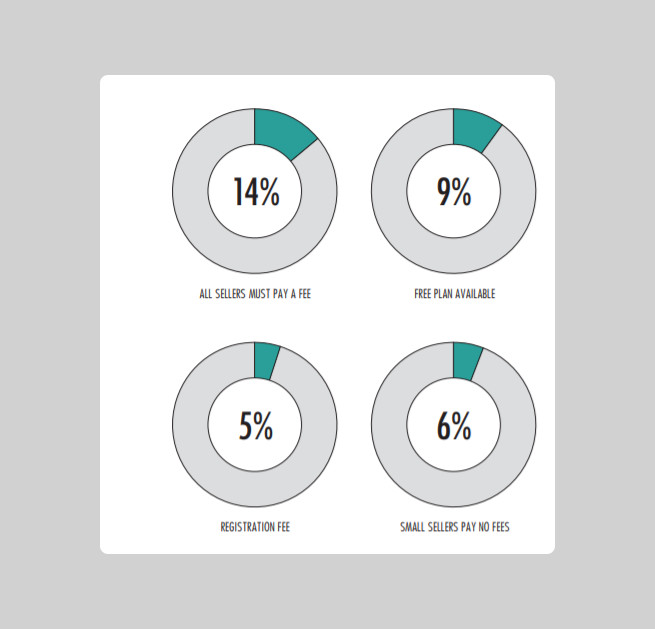

How about the promotional listing? It is a great opportunity for sellers. The global average is 39% – Germany is in the top 10 but still 12% below the global average.
German marketplaces: conclusions
Here you can read some conclusions about German marketplaces. All of the most important information in a nutshell is listed below.
- Around 50% of all e-commerce sales come from marketplaces (the biggest are Amazon.de, Otto, and Zalando, but there are more marketplaces to choose from).
- Running marketplaces is a growing trend for European retailers. Germany is no different – Otto sells on its own site but also offers other brands.
- German consumers not only want their product descriptions in their native language, but they also demand more details in case of product descriptions. They don’t mind lengthy product descriptions – quite the opposite!
- The world’s biggest online marketplace for second-hand clothes Vinted works across 12 countries, included Germany.
- The online classified market in German is worth around €1.5bn.
- One of the larger B2C businesses ManoMano is present in the German market.
- OnBuy.com one of the fastest-growing marketplace in Europe reach the German market too.
- Germany is one of the markets that embraced Amazon the most, letting it shine in e-commerce.
- German e-commerce giant Zalando serves 15 European countries, has more than 30k individual items from almost 2k different brands.
- Bertelsmen Group, the German company behind the online pioneer Books Online which became bol.com, was originally in talks with Jeff Bezos of the then-fledgling Amazon to launch it as Amazon Europe.
To sum up quickly
Marketplaces are very popular this time. We can assume that the lockdown and the global pandemic contributed quite a big part of this popularity. Germany is no exception. Above we have presented you only some highlights from European Marketplaces Report. Feel free to download the full report and expand your knowledge.


